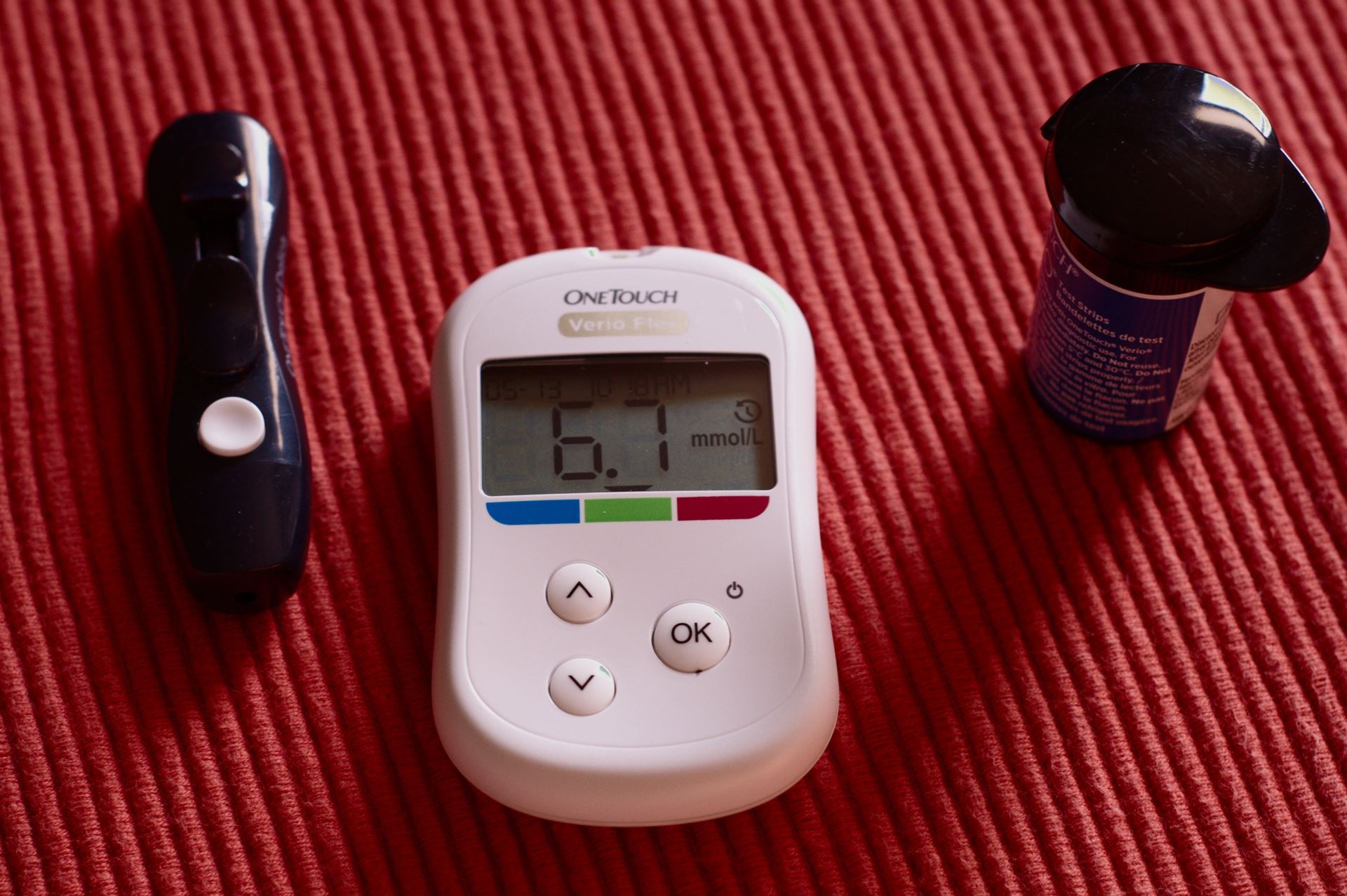Chronic Diseases

Diabetes
Diabetes is a long-term condition caused by too much glucose, a type of sugar, in the blood. It is also known as diabetes mellitus.
There are two main types of diabetes, which are explained below:
- type 1 diabetes
- type 2 diabetes
Normally, the amount of sugar in the blood is controlled by a hormone called insulin, which is produced by the pancreas. The pancreas is a gland behind the stomach. When food is digested and enters your bloodstream, insulin moves any glucose out of the blood and into cells, where it is broken down to produce energy.
However, in people with diabetes, the body is unable to break down glucose into energy. This is because there is either not enough insulin to move the glucose, or because the insulin that is there does not work properly.
Our specialist diabetes team will provide you with support, regular reviews and the day-to-day care of your needs.
For more information please visit the websites below:
External Websites:

Asthma
Asthma is caused by inflammation of the airways. These are the small tubes, called bronchi, which carry air in and out of the lungs. If you have asthma, the bronchi will be inflamed and more sensitive than normal.
Please make it clear to reception staff that you are asthmatic when you phone.
Our practice nurses have specialist asthma qualifications. They run clinics in order that asthma may be assessed, advice offered, queries answered and the correct treatment ensured.
Patients on asthma medication should be seen at least once a year in the asthma clinic for a check up with the nurse.
For more information please visit the websites below:
External Websites:
NHS Choices - Asthma's symptoms, causes, diagnosis, treatment and living with the condition
Asthma UK - an independent UK charity dedicated to conquering asthma.

COPD
Chronic obstructive pulmonary disease (COPD) is the name for a collection of lung diseases including chronic bronchitis, emphysema and chronic obstructive airways disease. The main symptom of COPD is an inability to breathe in and out properly. This is also referred to as airflow obstruction.
At the surgery we regularly monitor patients with COPD and provide an action plan to assist and help you to relieve your symptoms.
Airflow obstruction is caused by long-term damage to the lungs, usually as a result of smoking.
How common is COPD?
COPD is one of the most common respiratory diseases in the UK. It usually affects people who are over 40 years of age.
Around 900,000 people in the UK have been diagnosed with COPD, but it is thought that the actual figure is much higher. This is because many people who develop the symptoms of COPD do not seek medical attention.
You can find out more by following the links below:
If you think you may be suffering from this condition please make an appointment to see your GP, who will then refer you to the specialist practice nurse.
If you are invited by the practice to attend this clinic it is important that you attend in order for your treatment plan to be monitored.

Hypertension
Hypertension relates to High Blood Pressure.
High blood pressure often causes no symptoms, or immediate problems, but it is a major risk factor for developing a serious cardiovascular disease (conditions that affect the functioning of the heart and the circulation of blood around the body), such as a stroke or heart disease.
External Sites:
High Blood Pressure Explained - NHS Choices

Warfarin Monitoring
If you take warfarin you will need to have regular blood tests to ensure that you are receiving the correct dose.
This is not carried out at the surgery but can be done at a hospital out-patient clinic. It is important to have regular monitoring blood tests.
Please take your blood form with you.
Page created: 02 September 2019